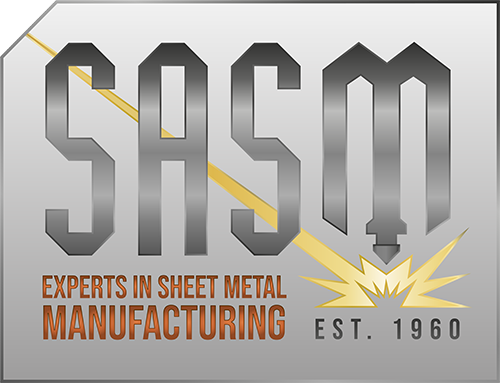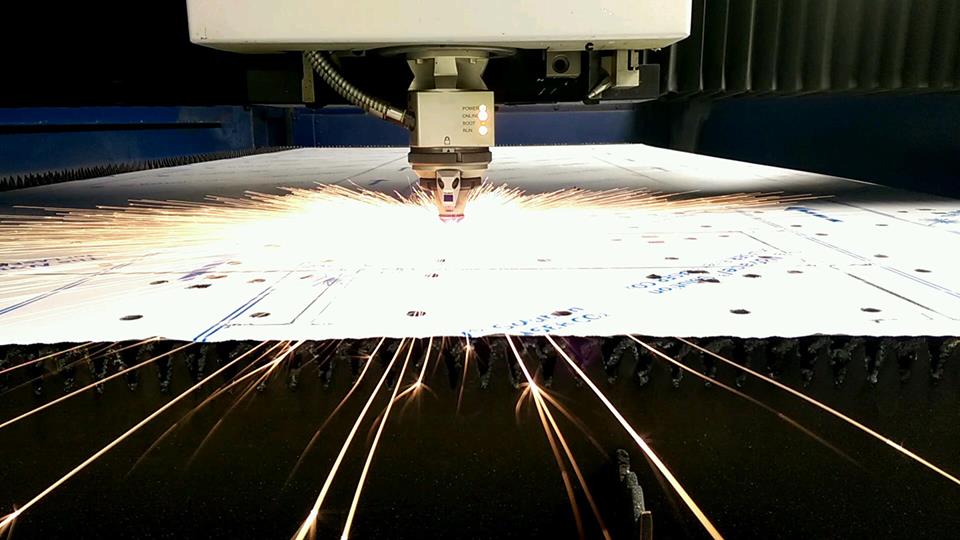Rising Steel Prices
As you are reading this, you may be aware that Steel Prices are currently going through the roof. And as you might have seen in news reports, on the 8th of March the price for nickel skyrocketed. This prompted the London Metal Exchanged to cease trading at 8:15am when the price of nickel was at an eyewatering $80,000 a ton. Well below its record breaking earlier high of $100,000 a ton just a few hours earlier…
This has proven to problematic for producers of stainless steel as nickel is one of the key ingredients in its production. An ingredient which has already seen an increase in demand for it's use in electric vehicle batteries. Which is just one of the factors behind the increase in steel production costs.
With this in mind I'm afraid steel prices are set to increase across the board!

What's The Cause?
First and foremost; what's the deal with nickel? Well as you will have also noticed on the news, The Russian Federation has attempted to invade Ukraine.
What Russia had planned to be short war with minimal economic impact is now set to be a long and protracted struggle in the region combined with the kind of sanctions the world has never seen before being placed on the Russia. Along with the Wests sanctions on Russia, they have also imposed retaliatory sanctions on the West.
Thank you for that, Mr. Putin.
This poses a major issue to steel production as Russia and Ukraine are both key players in the international metals market. As the world’s third largest supplier of nickel and one of the largest suppliers of gas and oil in Europe, sanctions on Russia along with the stoppage in production of pig iron and steel in Ukraine has started to impact steel markets across the world.
On top of that; uncertainty caused by the a combination of the war and a slowdown in production due to the pandemic has meant uncertainty in the prices of oil and gas which in turn caused the wholesale cost of energy to go through the roof. This has impacted energy intensive industries, such as steel production, particularly hard.
As the impact of wholesale energy is an international one this means countries with strong steel sectors haven't be able to up their steel production to fill the gap in the market. These factors combined have created a lot of uncertainty around pricing.
And that is uncertainty that manufacturers will need to pass onto their customers.
What Can We Do?
Unfortunately the trend of steel prices going up seems to be set to continue for a while and will need to be something to factor in when looking at pricing your projects.
Due to our strong relationship with our suppliers, we are in daily contact with them about costs; which has allowed us to anticipate the impact of price changes. This has also allowed us to forewarn our customers about the estimated size and impact of increases on their projects. Which in turn has allowed our customers to make informed decisions in order to help them offset these costs. This can be by either ordering before the increase hits or ordering at a higher quantity to ensure a better price per part to offset the increase.
If you have a trusted source for steel, we would recommend having a conversation with them to get their expert opinion on what your business can do to adapt to the change.
If you don't have a supplier yourself then feel free to get in touch to see how we can help. We're more than happy to give you advice on how your business can limit the impact of price increases. Which we hope will help bring some security to your supply chain.
On top of that as a BSI:ISO 9001 accredited company we are able to offer design assistance which could potentially cut down on waste, material and streamline production; which could cut your overall costs.


